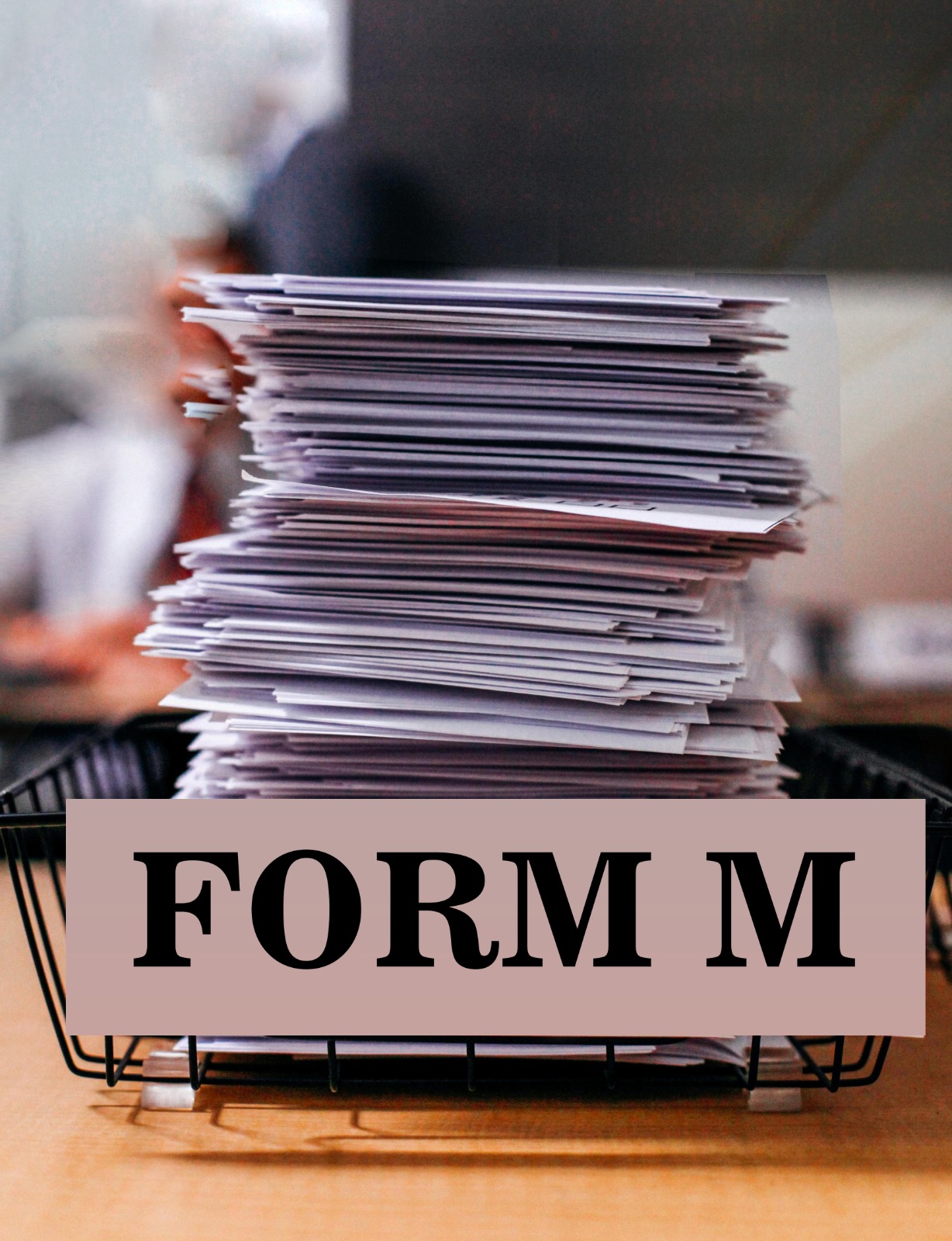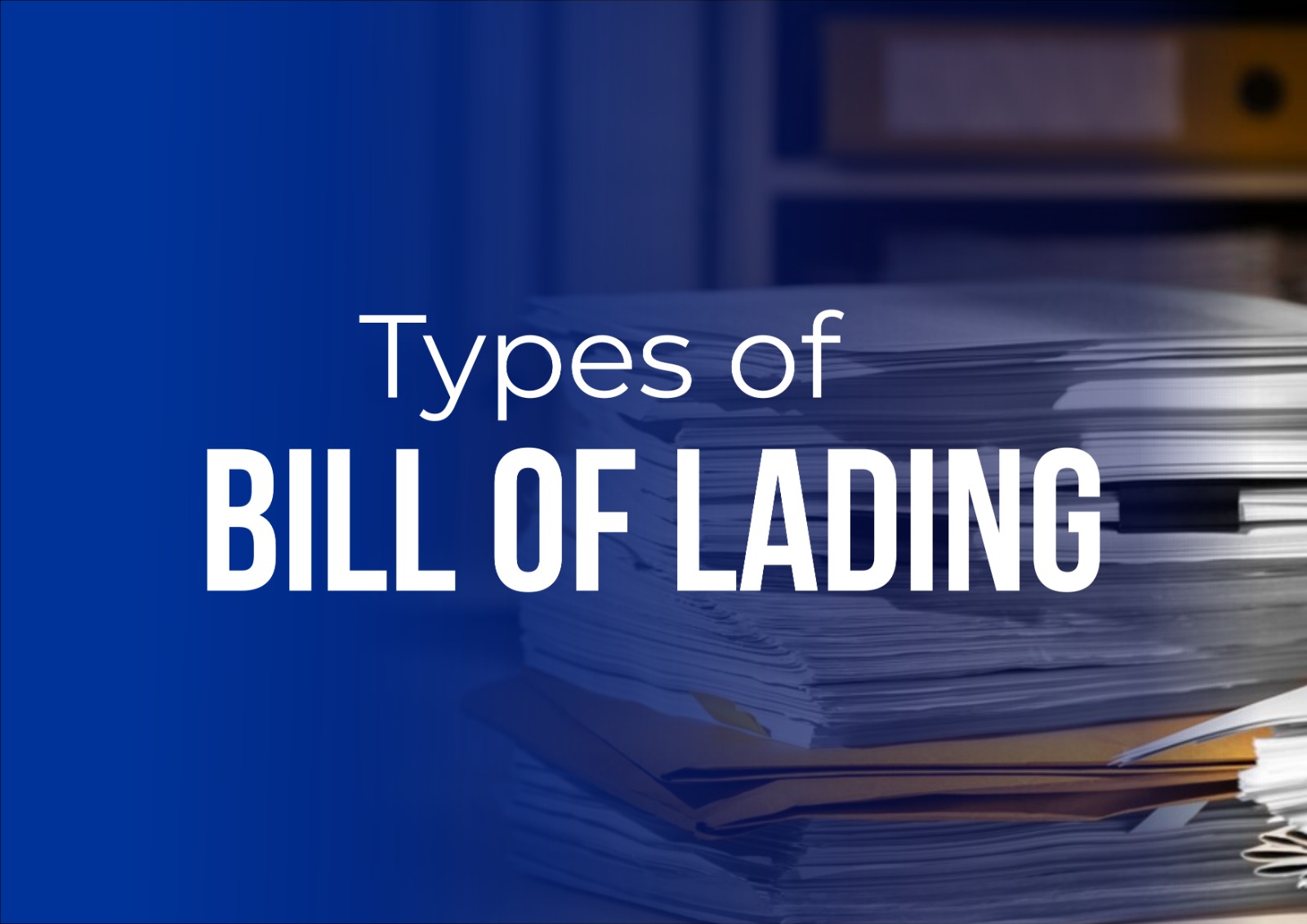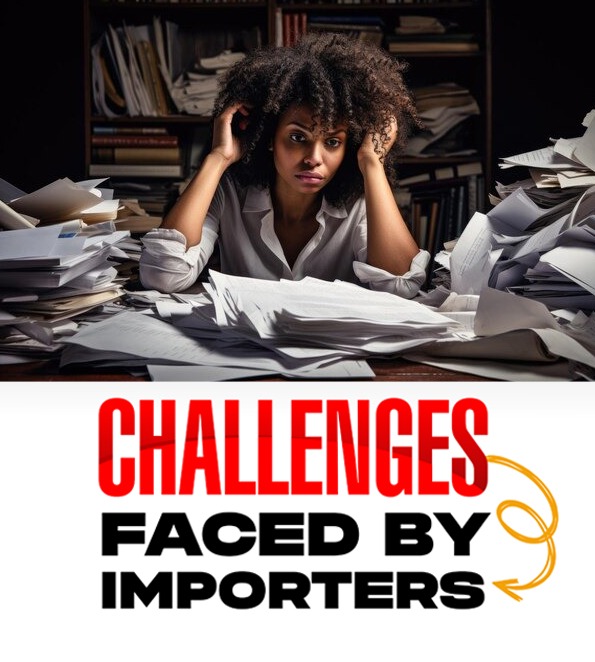In most cases, the problems that importers encounter with Form M include late approval, incorrect documents being uploaded, or discrepancies in information. These issues can lead to serious delays in the clearance of goods, additional costs, and potential penalties.
In this article we will discuss what is form M, the purpose of form M, and to how process Form M.
What is Form M?
Form M is a mandatory document required by all importers shipping into Nigeria. It is a declaration to the Central Bank of Nigeria (CBN) and the Nigeria Customs Service (NCS) regarding the nature and value of goods being imported. Correct completion and submission of Form M are essential for compliance with Nigerian import regulations, and failure to do so can result in costly delays and penalties.
Purpose of Form M
Form M is majorly issued to ensure that all imports comply with the financial and trade laws of the land, Nigeria. The CBN and other regulators make use of this form in checking for the genuineness of transactions, that is, to forestall fraudulent practices. It also assists in getting correct data of imports for national economic planning.
Key Elements of Form M:
1. Importer's Information: Name, address, and contact information of the importer.
2. Supplier Information: Details of the foreign exporter or supplier.
3. Description of the Goods: Description of goods with HS codes.
4. Value of Goods: Total value of goods to be imported, supported by a proforma invoice.
5. Details of the Bank: The bank through which the payment is routed.
6. Shipping Information: Mode of shipping, including port and expected date of delivery.
Form M Processing
1. Submission of Application: The application in Form M is submitted to the Nigeria Single Window Trade Portal with required documents.
2. Bank Verification: The importer's bank verifies the Form M document to ensure that the information presented is accurate and compliant.
3. CBN Approval: The CBN approves or declines the application.
4. Customs Documentation: Once approved, the Form M is submitted to the Nigeria Customs Service for goods clearance.
Conclusion
Gemcode Logistics provides seamless preparation of form M documentation to meet regulatory standards. Optimize your import operations and ensure a smooth process with our reliable Documentation services. Contact us today!




.jpg)